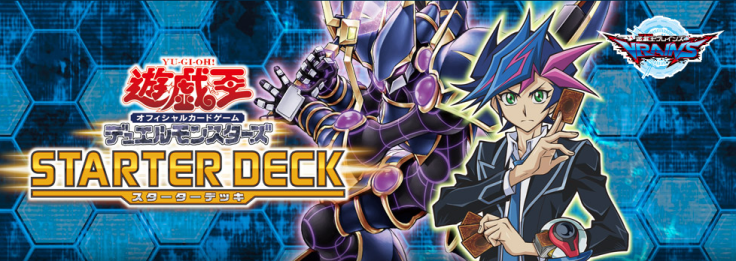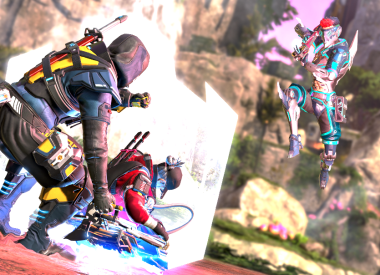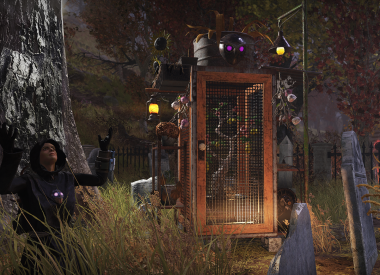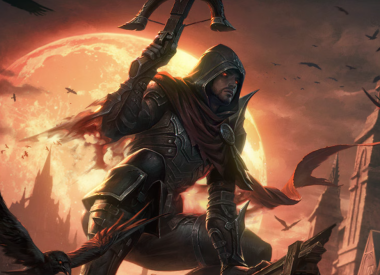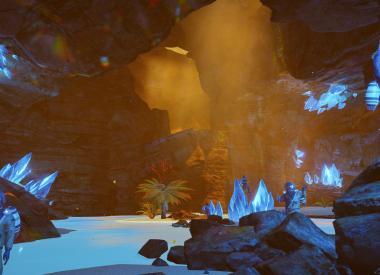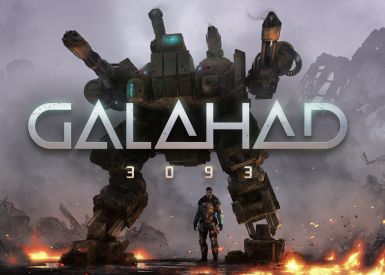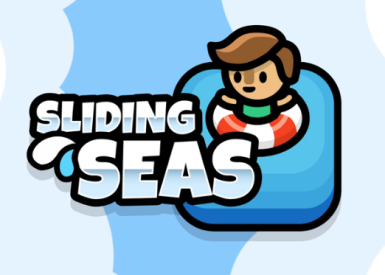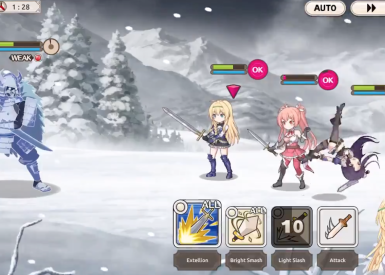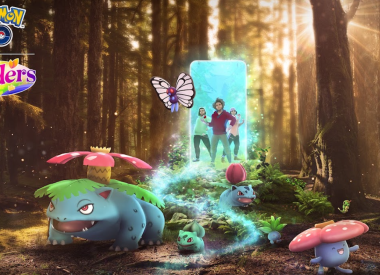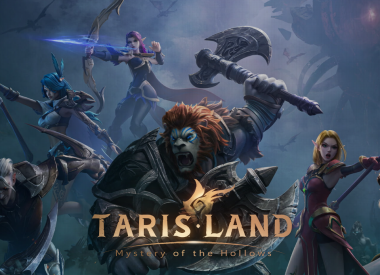A new era of dueling has come to the Yu-Gi-Oh! TCG and it’s going to change the game for years to come.
Starting July 21, the new Link Strike starter deck will introduce a new summoning mechanic called Link Summoning. But it’s not just a new summoning type, new types of monsters and new rules will completely change how the game is played will also be introduced.
“This change is one of the biggest we’ve ever done,” Yumi Hoashi, senior vice president for the Yu-Gi-Oh! TCG at Konami Digital Entertainment, told Player.One. “Last year we introduced Pendulum Summoning and we changed the playing field a little bit, but this new change with Link Summons really changes the gameplay mechanics.”
Link Summons are the sixth summoning mechanic introduced to the TCG in its 20-year history (15 years in the States). Unlike other trading card games, every single card that has been released in Yu-Gi-Oh! is still playable. That creates a lot of hurdles for new players to overcome, but the release of Link Strike and Link Summoning marks a perfect time for new players to jump in.
“All of the cards we’ve released since 2002 are playable now, and so with the new player coming to the game they have over six thousand cards to choose from to build a deck which is really overwhelming,” Hoashi said. “You might understand the rules of the game but starting from scratch and building a deck from zero is one of the hardest things you can do. So with Link Summoning it’ll make it easier.”
The Starter Decks released in Yu-Gi-Oh! make it easier for newcomers to join in on the fun by using a pre-built deck, but this time around, the introduction of Link Summoning will help new players compete on equal footing with veteran duelists, learning the ins and outs of Link Summoning while also focusing on a particular strategy.
The inclusion of Link Summonings comes alongside official rule changes to Pendulum Summoning, and some Pendulum players may believe it to be a detriment. Hoashi, however, doesn’t see it that way.
“There’s ways to get around [the rule changes],” Hoashi said. “I think there’s misconceptions as to what happens to their current decks. That’s why we’re doing product demonstrations [at SDCC] to show how your current deck is still viable in the new format. So we’re trying to get that information out as much as possible. [Konami] has a strategy site where we release articles and YouTube videos as to what you can do with your current decks.”
The Yu-Gi-Oh! strategy site and YouTube channel are only some examples of what Konami’s TCG division has done to keep up with the demands of keeping the game fresh in the digital age. Konami started as a video game company, so Yu-Gi-Oh! has come to all sorts of consoles, including the new mobile game Yu-Gi-Oh! Duel Links.
“Duel Links is a great segue into the trading card game. It’s a much simpler way to play the game but stays true to the TCG,” Hoashi said. “We also have Legacy of the Duelist which is a full game for the PS4 and Xbox that allows you to duel players you can find online.”
And while Konami plans to continue supporting Yu-Gi-Oh! in video games, it’s the communal nature of the game that has kept this TCG alive for so many years and there isn’t any sign of slowing down.
“There’s not many TCGs that last over 10 years. Pokemon is one, Magic the Gathering is another and, really, Yu-Gi-Oh! is the third one. Out of all the TCGs that come out each year those are the three that survive,” Hoashi said. “I think with Yu-Gi-Oh!, it’s the social interaction that’s involved with playing. We’re entering the digital age where everyone’s on their smartphones, but with Yu-Gi-Oh! it’s the community that keeps it together. The Yu-Gi-Oh! Championship Series is a high-level tournament series that travels from city to city. But if you see the players, they’re coming from all over the country, but they’re friends so they go to their tournaments so they can be with their friends. So as long as that social interaction is there, the game will never die.”

